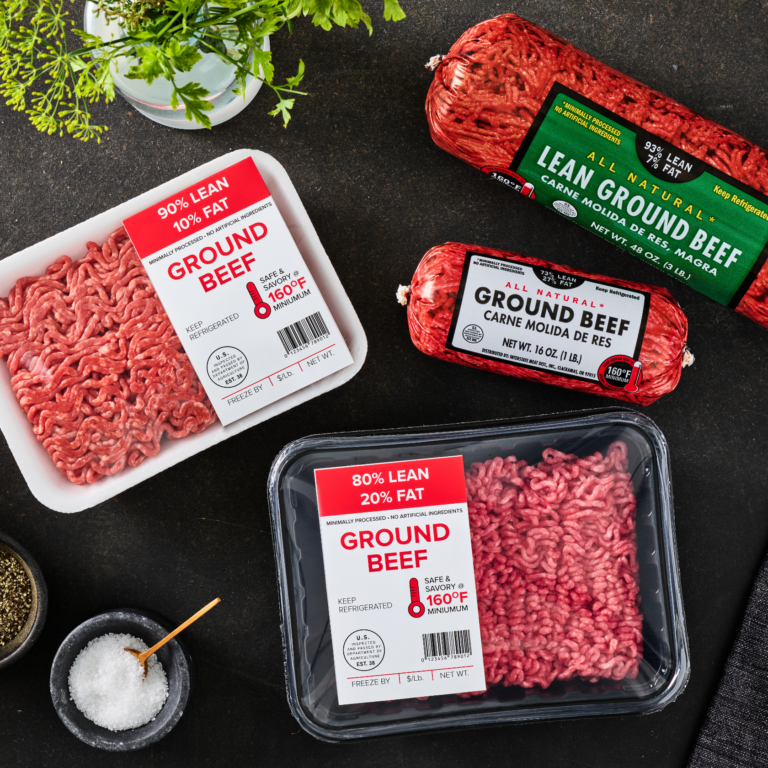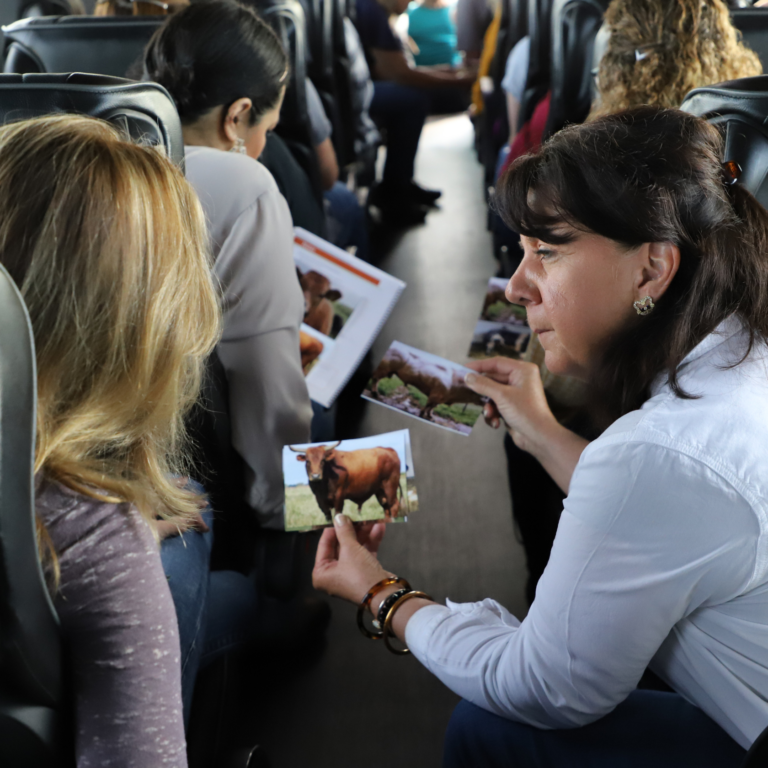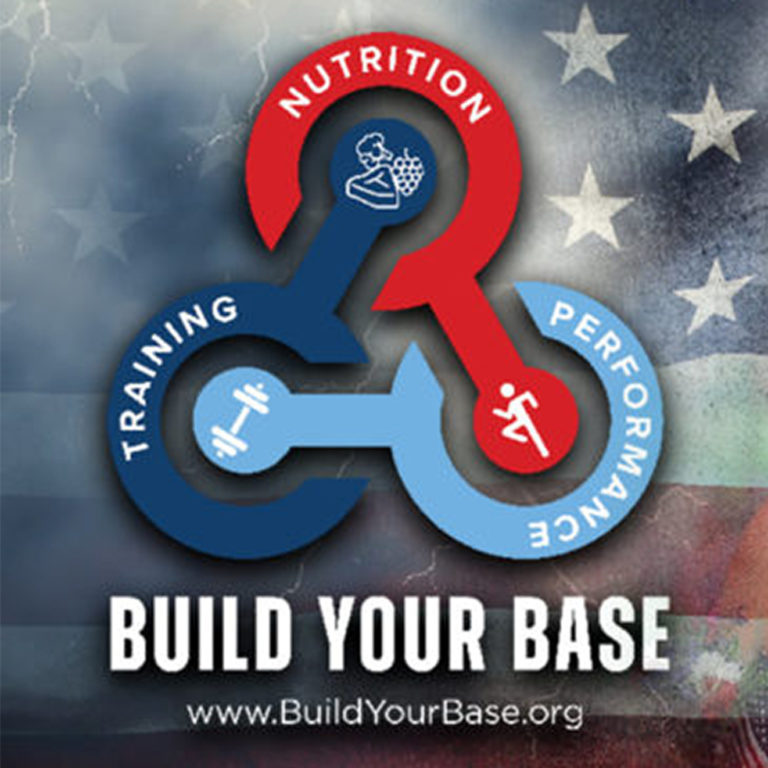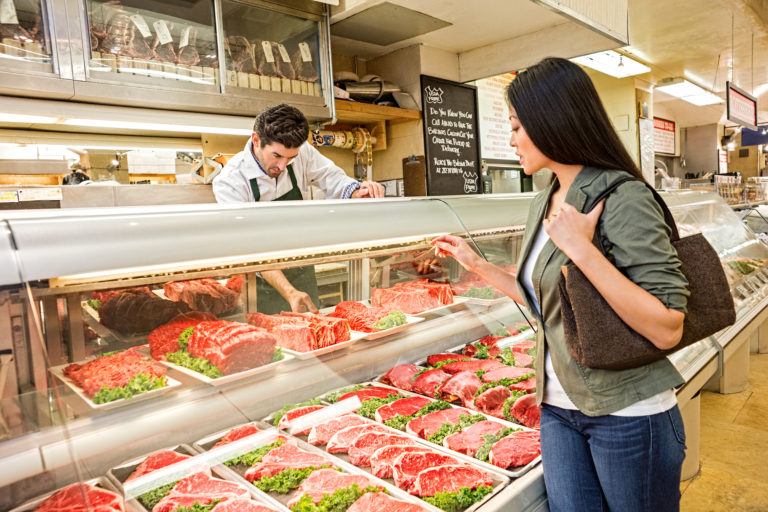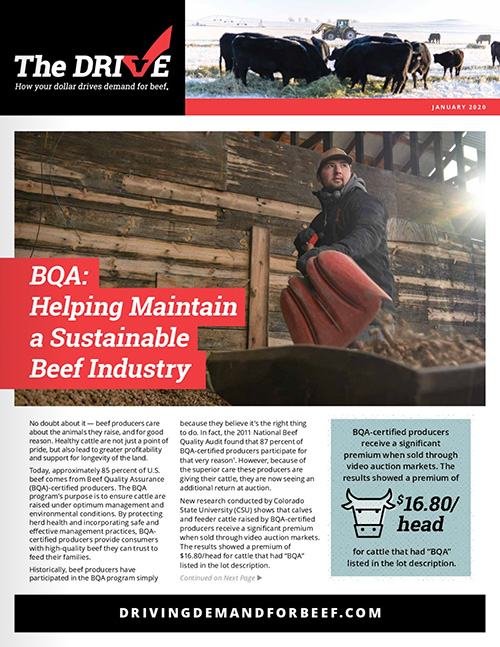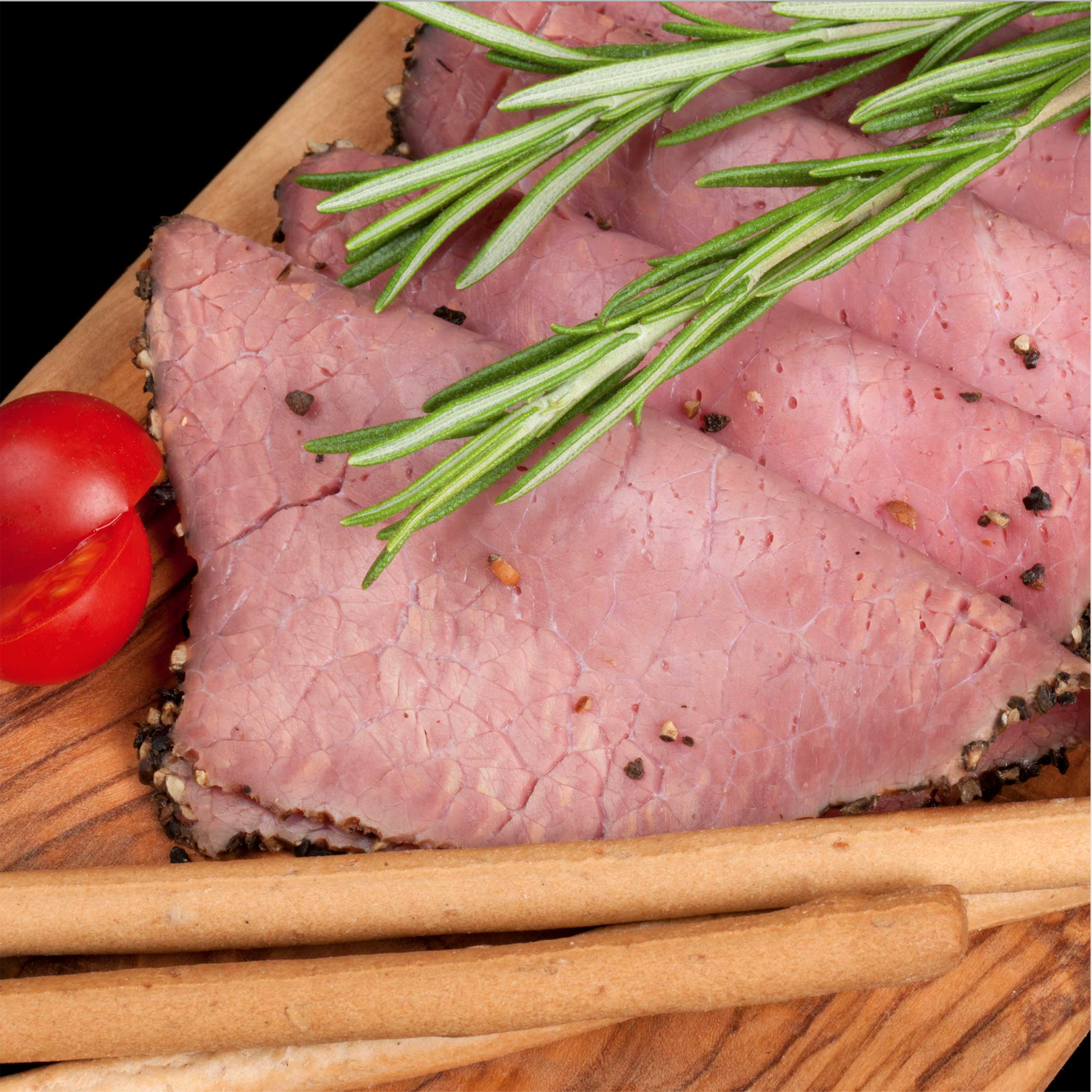
Changing the Beef Conversation
The Beef Checkoff’s efforts to position prepared beef as a nutritious option for any lifestyle.
“Processed” or “prepared” – both words describe ready-to-eat or ready-to-cook meats like hot dogs, beef jerky, deli meats and more, but which term sounds more appealing and resonates more positively with consumers?
According to research conducted by the North American Meat Institute (NAMI), a contractor to the Beef Checkoff, “prepared” is by far the winning synonym. Consumers have a positive association with prepared meats, and 78 percent of those surveyed specifically say they would be more likely to purchase prepared meats over processed meats, and 71 percent say prepared meats are more healthful than processed meats.
This research was key for NAMI to determine the proper course of action to promote and strengthen prepared beef’s benefits. Numerous studies and the Dietary Guidelines for Americans affirm that prepared beef can be part of a healthy, balanced diet. These products provide consumers with a convenient and balanced dietary source of proteins, vitamins and minerals.
Through influencer relations, entertaining promotional campaigns and product innovation, NAMI advances prepared beef and changes the way consumers talk about these products.
- Working with health professionals: NAMI works with registered dietitians, nutritionists and nurses who affirm and advocate prepared beef’s role in a balanced diet to their patients and clients.
- Executing engaging campaigns: Promotional campaigns like hotdogs being the #PerfectZoomFood, National Deli Meat Month and #WeinerWednesday on TikTok are delivered in a light-hearted and entertaining manner to attract any consumer. In fiscal year 2021, NAMI will be working heavily with food influencers and chefs to implement a new #BeBeefPrepared campaign.
- Creating new beef products: Products like Beefshi, an innovative sushi-style concept that uses prepared beef, encourage consumers to use prepared beef in innovative ways.
The Beef Checkoff educates not only consumers and influencers about prepared beef but also the scientific community. NAMI may be front and center with its promotional efforts, but the Foundation for Meat and Poultry Research and Education (FMPRE), a contractor to the Beef Checkoff, leads the research in beef processing and communicates its findings to the scientific community.
In further prepared beef nutrition research, FMPRE has a number of priorities. First, it wants to establish a risk-benefit analysis on the consumption of further processed beef as a component of a healthy lifestyle. FMPRE will also prepare comprehensive white papers to assess what is currently known about processed beef consumption and identify any potential data gaps on the mechanistic development of cancer in humans for processed beef components. Finally, the foundation will conduct menu modeling that demonstrates the role of further processed beef in the healthy dietary patterns identified in the 2020 to 2025 Dietary Guidelines.
One specific FMPRE white paper, A Guide to Meat Processing for the Nutrition Community, serves as a guide for nutrition experts and the scientific community. This white paper assesses how meat is processed, common categories of processed meats and their characteristics, the meaning of different labeling claims and an overview of the nutritional benefits of meat consumption and public health implications.
In fiscal year 2021, FMPRE is soliciting and reviewing at least 15 different technical proposals on beef research. The foundation can directly apply research outcomes to help create a safer product and demonstrate how prepared products are safe, nutritious and fit in a healthy diet. Learn more about FMPRE’s research efforts here.
Whether it be communicating to consumers or the scientific community, the Beef Checkoff’s prepared beef research and promotion help position beef as a whole, the number one protein of choice.
The Beef Checkoff program was established as part of the 1985 Farm Bill. The checkoff assesses $1 per head on the sale of live domestic and imported cattle, in addition to a comparable assessment on imported beef and beef products. States may retain up to 50 cents on the dollar and forward the other 50 cents per head to the Cattlemen’s Beef Promotion and Research Board, which administers the national checkoff program, subject to USDA approval.





















